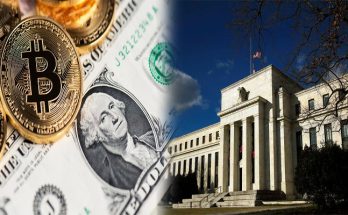Non-performing loans (NPLs) are loans that borrowers have failed to repay as per the agreed terms and conditions, resulting in significant financial losses for lenders and impacting the stability of financial systems. The prevalence of NPLs can have far-reaching economic consequences and can destabilize the financial systems of countries. In this article, we will explore the economic consequences of non-performing loans on financial systems.
1. Financial Losses for Lenders:
- Non-performing loans lead to significant financial losses for lenders as they cannot recover the outstanding principal and interest payments. In the case of commercial banks, this results in a decrease in profits, which can lead to a decline in their stock prices.
2. Reduced Lending Capacity:
- Lenders with high levels of non-performing loans may have less capacity to lend, as they may have to hold larger amounts of capital against their portfolio of risky loans. This can result in a liquidity shortage, impacting borrowers’ access to credit needed for their operations and consumption.
3. Economic Slowdown:
- Non-performing loans can cause an economic slowdown by impacting the functioning of credit markets. When lenders hold significant NPLs, they may be hesitant to extend loans to new and current borrowers. This reduction in the availability of credit can negatively affect economic activity, leading to a decline in economic growth and job creation.
4. Impact on Financial Stability:
- Non-performing loans can pose risks to financial stability, as they can affect the solvency of financial institutions and lead to credit defaults spirals. The failure of a large financial institution can have a domino effect on other financial institutions, leading to a systemic crisis.
5. Impact on Government Finances:
- Non-performing loans can impact the finances of governments, particularly in countries where the government bails out financial institutions to prevent systemic risk. This can result in a significant burden on public finances, leading to budget deficits and increasing government debt.
Non-performing loans can have severe economic consequences on financial systems, including financial losses for lenders, reduced lending capacity, economic slowdown, impact on financial stability, and impact on government finances. Financial systems must maintain robust credit risk management frameworks to prevent the creation and accumulation of non-performing loans. A proactive approach by financial institutions and governments is crucial to dealing with and preventing the negative economic impacts of non-performing loans.





